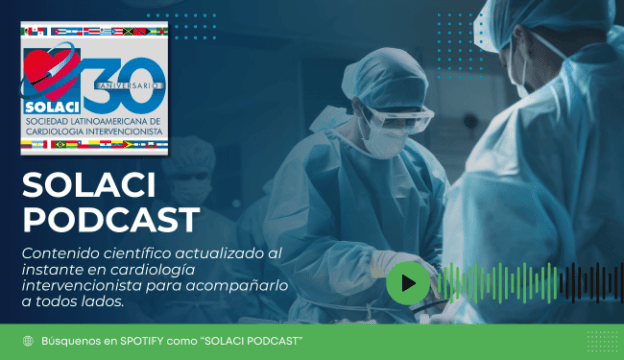Original Title: Atrial Fibrillation Is Associated With Increased Mortality in Patients Undergoing Transcatheter Aortic Valve Replacement: Insights From the Placement of Aortic Transcatheter Valve (PARTNER) Trial. Reference: Angelo B. Biviano et al. Circ Cardiovasc Interv. 2016 Jan;9(1):e002766.
Courtesy of Dr. Carlos Fava.
The conversion to atrial fibrillation (AF) in the context of transcatheter aortic valve replacement (TAVI) is associated with higher mortality. Patients undergoing TAVI have between 6% and 53% incidence of AF, however, its impact has not yet been studied, as has the impact of CABG.
1879 patients from the Partner trial were analyzed. 1262 of these patients manifested sinus rhythm (SR) at baseline and SR at discharge, 113 SR at baseline and AF at discharge, and 470 AF at baseline and AF at discharge (these las tones were excluded).
STS score was higher and ejection fraction was lower in the AF/AF group.
Baseline SR with first degree VA block was associated with AF at discharge, not those presenting branch block.
At 30 days, the SR/AF group had higher all-cause mortality (14.2% SR/AF vs. 2.6% SR/SR; p=0.0002) with no differences in rehospitalization, stroke, transient ischemic attack, major bleeding and major vascular complications. The need for definite pacemaker was higher in the SR/AF group and were longer in hospital than those presenting AF/AF.
The SR/AF group presented double the mortality rate at one year compared to the rest of the groups (37.5% SR/AF vs. 15.8% SR/SR; HR=2.14; p<0.0001), and they more often required definite pacemakers and rehospitalization for cardiac failure and dialysis.
Mortality in the AF/AF group was 29.9%. Patients discharged with AF but with <90 ventricular response had lower mortality and cardiac event rates than those with a bad ventricular response.
Conclusion
In patients undergoing TAVI, the presence of atrial fibrillation at discharge is associated to higher mortality. It is important to note that the deleterious effect of atrial fibrillation and the need to take active measures in order to improve outcomes.
Courtesy of Dr. Carlos Fava.
Interventional Cardiologist
Favaloro Foundation – Buenos Aires





